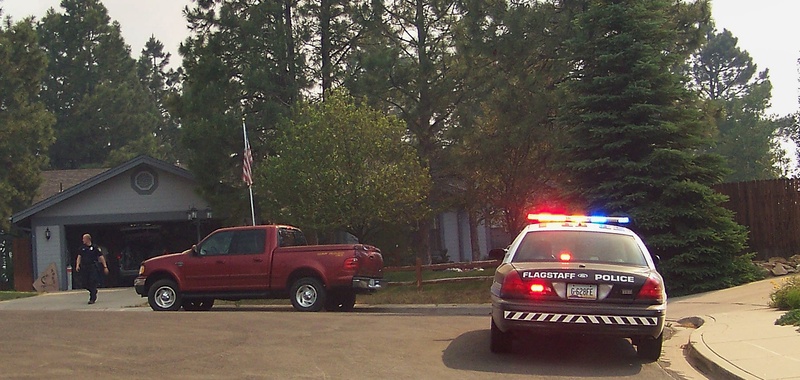Racial profiling is a paradox for policy makers: A “controversy” on which there is near-universal agreement on its principles.
Almost everyone involved in the debate believes that no one should ever be stopped and questioned by the police solely on the basis of skin color or perceived national origin.
At the same time, virtually everyone agrees that police should always be able to follow leads that include descriptions of racial or ethnic characteristics without interference.
In between these two poles there is ample room for a sound public policy that protects an individual’s civil rights while letting a police officer do his job. A bill that would define racial profiling and provide a legal remedy for people who have been the victim of it is once again before Congress. It should become law.
The bill defines racial profiling as “the practice of a law enforcement agent or agency relying, to any degree, on race, ethnicity, national origin or religion.” It would require police departments to update their training and policies, something that many departments have done already.
Racial profiling is not a good police technique because it can waste officers’ time, while undermining the level of trust they can count on in the communities they are trying to protect. If people believe they are being treated unfairly by police, they are less likely to cooperate with them in other investigations.
What is less clear is how much racial profiling occurs. There is some statistical evidence that people of color are disproportionately stopped by police in some areas, or stopped with the same frequency but searched more often.
In Maine there is little in the official record on the subject because racial profiling is not expressly prohibited in state law, and people who believe they have been a victim of it have no recourse in our courts.
Creating a commonly agreed-upon definition, and allowing victims to have a legal remedy will go a long way toward determining how common this practice is and whether there are changes to police training or policies needed to make sure it doesn’t keep happening.
There is enough agreement here to set a balanced policy with this bill. Maine’s members of Congress should support it.
Send questions/comments to the editors.


